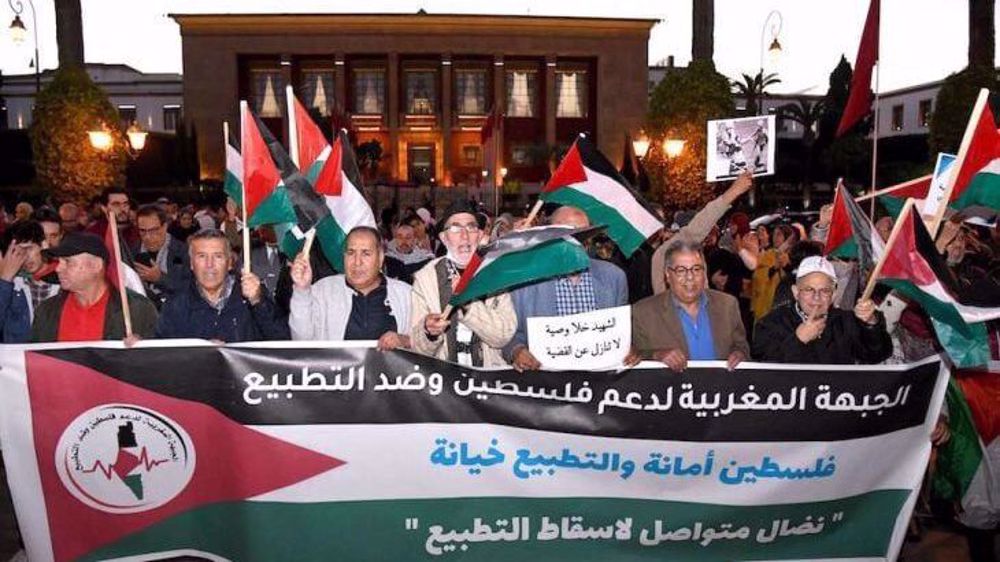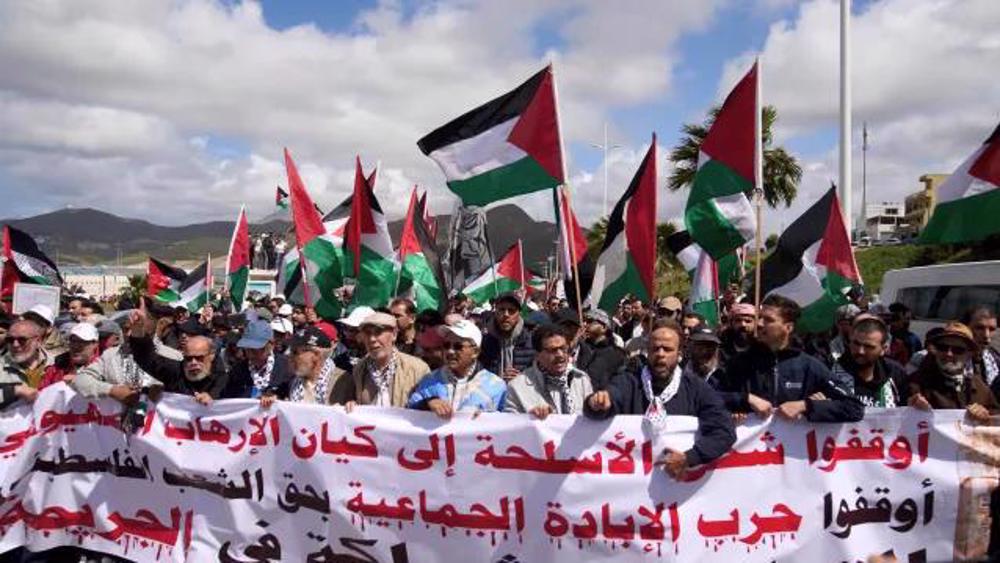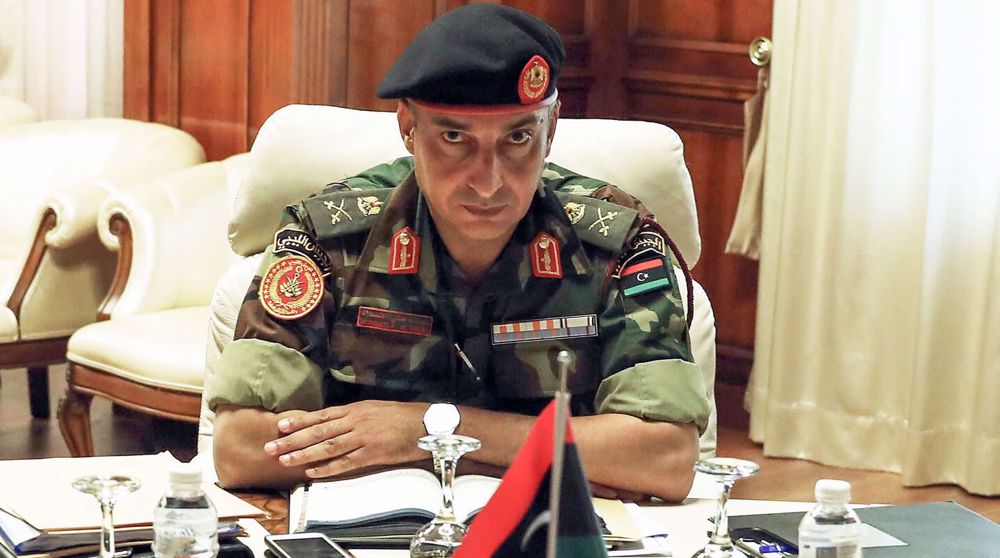Libya conflicting sides breach international law: UN
The United Nations says the conflicting sides in Libya are violating international law that may amount to war crimes.
The UN human rights office and UN Support Mission in Libya (UNSMIL) said in a joint report on Monday that "all parties to the conflicts continue to commit violations of international human rights and humanitarian law, and abuses of human rights, including indiscriminate and disproportionate attacks; summary executions and other unlawful killings; arbitrary deprivations of liberty; and torture and other cruel, inhuman or degrading treatment."
The report also said armed groups from the Daesh Takfiri group have taken control of areas in central Libya, including Sirte, Harawa and Nofliya and have claimed responsibility for several attacks.
They also committed “gross abuses including public summary executions of individuals based on their religion or political allegiance,” it added.
The report further said that thousands of people have been detained in government prisons and detention centers run by militants amid "frequent reports of torture or other ill-treatment."
It noted that the conflicting sides also carried out indiscriminate attacks with imprecise weaponry in populated areas and killed civilians.
Libya has been struggling with instability since 2011, when the country’s former dictator, Muammar Gaddafi, was overthrown and armed groups as well as regional factions engaged in a conflict.
The capital, Tripoli, is controlled by a faction allied to powerful armed forces based in the city of Misrata. The faction has reinstated the previous parliament in the capital.
The internationally-recognized government of Prime Minister Abdullah al-Thinni is based in the eastern city of Bayda, with its elected House of Representatives in Tobruk.
The United Nations has proposed the formation of a national unity government in an effort to end the conflict in the North African country. Under the proposal, a nine-member presidential council, including a prime minister, five deputy prime ministers and three senior ministers, will govern Libya.
UN special envoy for Libya Bernardino Leon has raised the hope that an agreement between the Tobruk-based parliament and rival factions would be clinched in the near future.
Iraq’s dominant political bloc nominates Nouri al-Maliki for prime minister
Israel moves to restrict Palestinian re-entry to Gaza, ‘encourage outflow’: Report
VIDEO | Iran warns enemies against new 'adventurism'
VIDEO | Venezuelans demand return of their president Nicolás Maduro
Muslims facing ‘major confrontation’ led by US and Israel: Hezbollah chief
Palestine Action activist at risk of death after beginning thirst strike in UK jail
VIDEO | South Korean supporters of Palestine slam Trump's 'Board of Peace'
Rights group: Israel continues to torture 2,000 Gaza abductees despite truce















 This makes it easy to access the Press TV website
This makes it easy to access the Press TV website